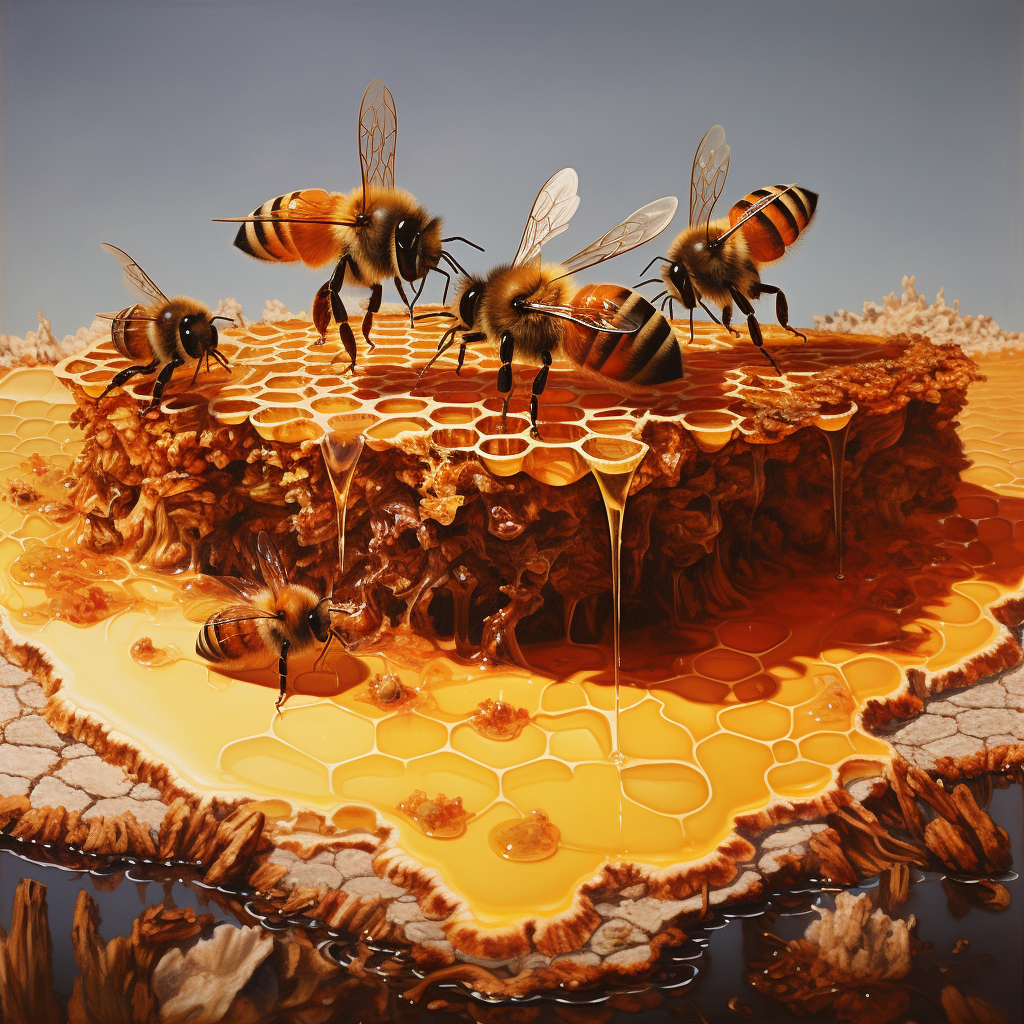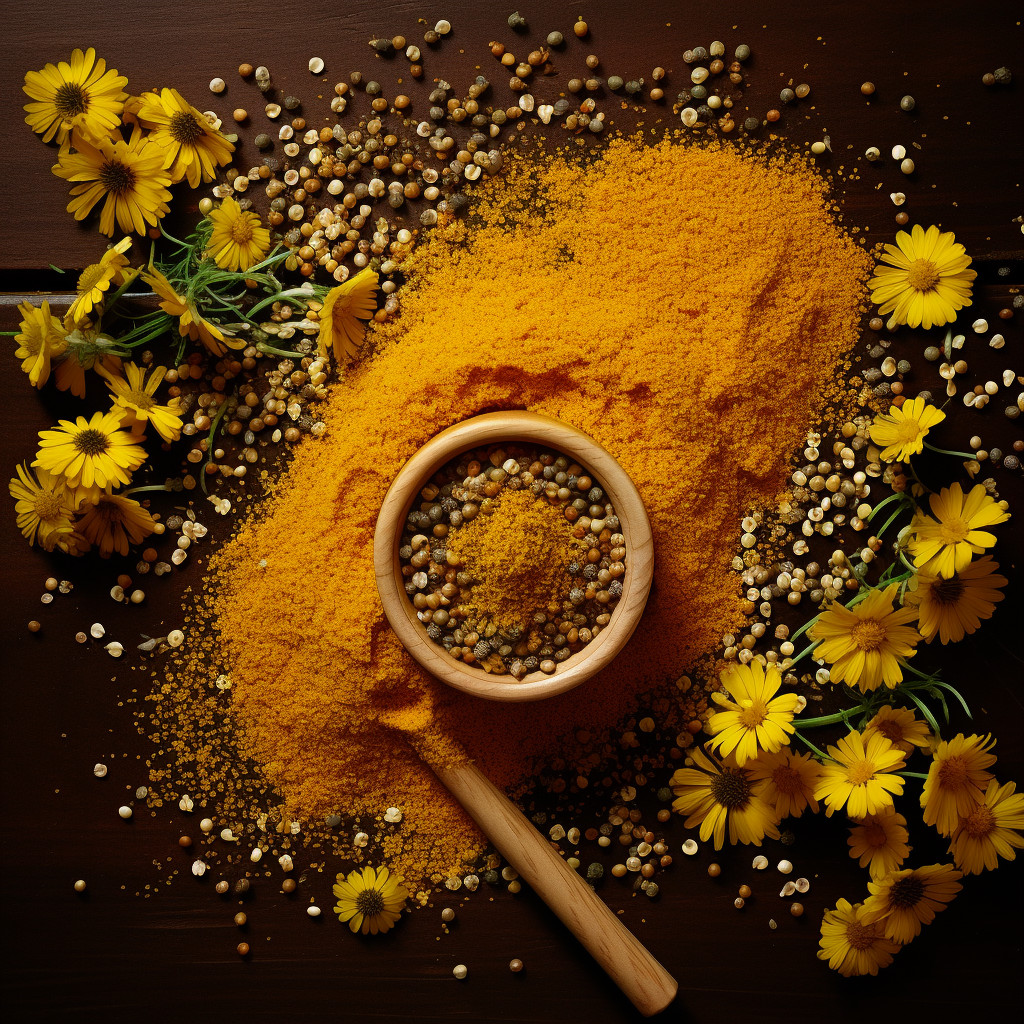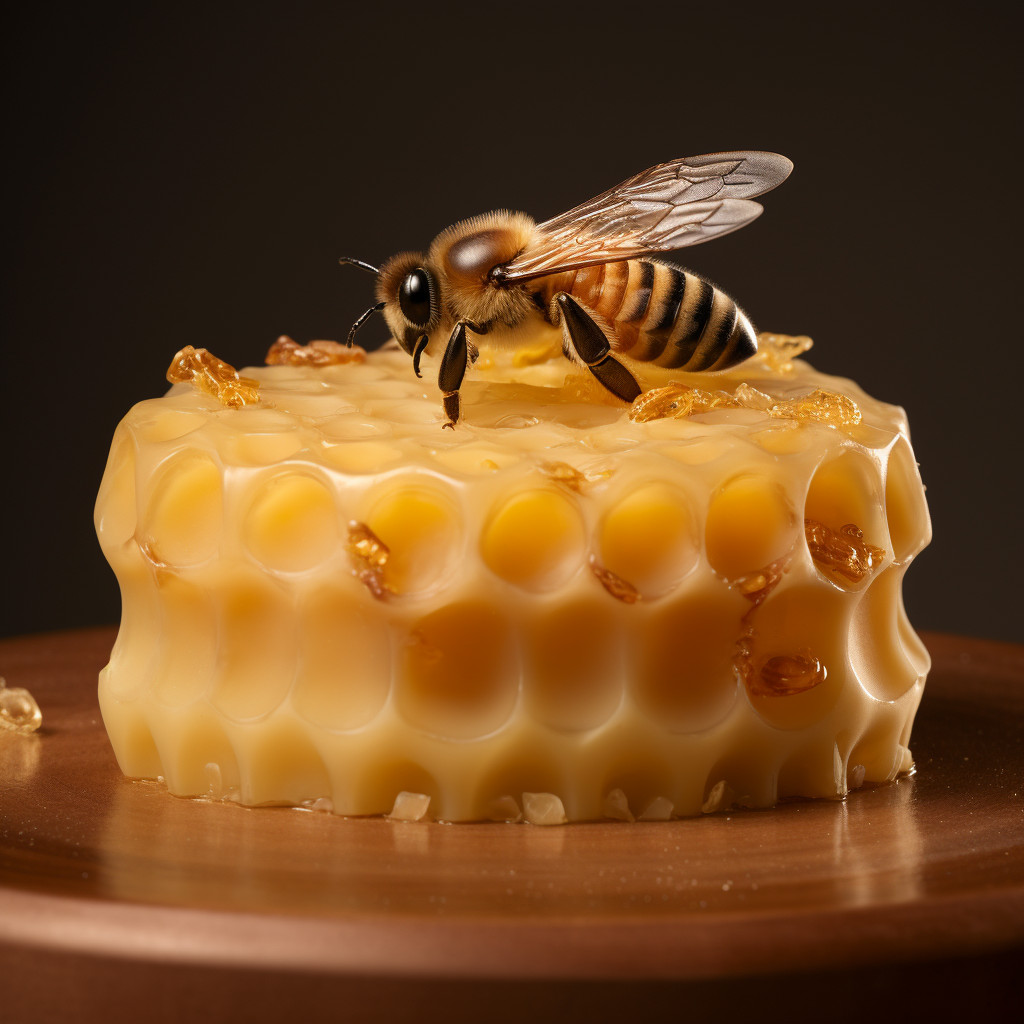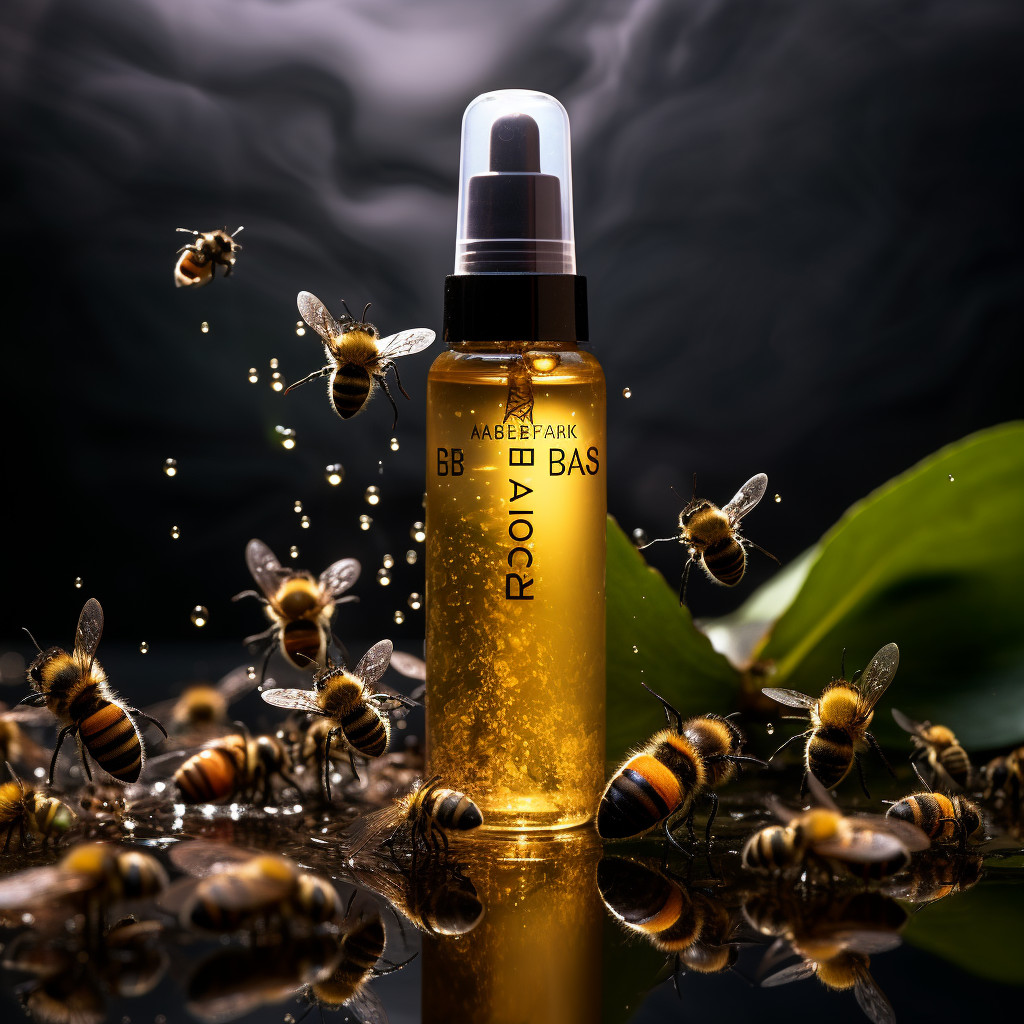Services we provide
Honey
Organic Farming
Beekeeping Education
Honey Infusions

Honey
Organic Farming


Beekeeping Education
Honey Infusions


PROPOLIS
Propolis is a natural resin-like substance that is produced by bees from the sap of various trees and plants. The name “propolis” is derived from the Greek words “pro,” meaning “in defense of,” and “polis,” meaning “city.” Bees use propolis to seal and protect their hives, hence the name, as it is used in defense of the bee colony.
Propolis has been used by humans for various purposes for centuries, and its historical uses and modern benefits are as follows:
Historical Uses:
1. Ancient Medicinal Applications: Many ancient cultures, including the Greeks, Romans, and Egyptians, used propolis for its medicinal properties. It was applied to wounds to aid in the healing process and was consumed to treat a variety of ailments.
2. Wood Preservative: Some ancient cultures used propolis to seal and protect wood, such as ship hulls and musical instruments, due to its natural adhesive and preservative properties.
3. Oral Health: Propolis was used in traditional medicine for oral health, as it was believed to help treat oral infections and promote overall dental hygiene.
BEE POLLEN
Bee pollen is a nutrient-rich substance collected by honeybees from the male reproductive part of flowers (anthers). Bees mix the pollen with their own secretions and store it in granules on their back legs to transport back to the hive. These granules are commonly known as bee pollen. It is different from flower pollen, as it undergoes some transformation by the bees before being stored.
Bee Pollen Origins: Bee pollen comes from a variety of plant sources, depending on the location and time of year. Bees collect pollen from flowers, and the composition of bee pollen can vary significantly based on the types of plants in the area.
Historical Uses: Bee pollen has been used in traditional medicine in various cultures for centuries, including ancient Egypt and China. It was believed to have numerous health benefits, and its historical uses include:
1. Nutritional Supplement: It was consumed as a natural dietary supplement to provide essential nutrients and energy.
2. Allergies: Some people used bee pollen as a form of immunotherapy to help alleviate allergy symptoms. The idea was that small amounts of local pollen in the bee pollen could desensitize the body to allergens.


BEES WAX
Beeswax is a natural substance produced by honeybees. It is secreted by glands in the abdominal segments of worker bees. Beeswax is used by bees to build the hexagonal cells in a beehive, which are used for storing honey, pollen, and for raising bee larvae. It is a vital component in the construction and maintenance of the bee colony.
Historical Uses: Throughout history, beeswax has been used by humans for various purposes:
1. Candles: One of the most well-known historical uses of beeswax is in candle making. Beeswax candles have been prized for their clean-burning properties and pleasant, natural scent. They were widely used in religious ceremonies, household lighting, and as a source of illumination.
2. Sealing Wax: Beeswax, when combined with resin and pigments, was used to create sealing wax for official documents and letters. The wax was imprinted with a seal to ensure the authenticity and confidentiality of the message.
3. Artistic and Craft Applications: Beeswax has been used in art and craft projects, particularly in the technique known as “encaustic painting,” where pigmented beeswax is melted and applied to surfaces for painting and sculptural purposes.
BEE VENOM
Bee venom, also known as apitoxin, is a complex substance produced by honeybees, specifically by the female worker bees. It is a clear, colourless liquid that is delivered through the bee’s stinger when it stings. Bee venom is primarily used by bees as a defence mechanism to protect their hives from perceived threats.
Composition of Bee Venom: Bee venom is a mixture of various components, including peptides, enzymes, and biogenic amines. The primary active component of bee venom is melittin, which is responsible for its painful and inflammatory effects.
Historical Uses: Historically, bee venom has been used for its potential therapeutic properties, mainly in traditional medicine practices. Some of its historical uses include:
1. Traditional Medicine: In various cultures, bee venom was used as a remedy for various health conditions, such as arthritis, rheumatism, and other inflammatory disorders. It was often administered by bee stings or through methods like “bee venom therapy.”
